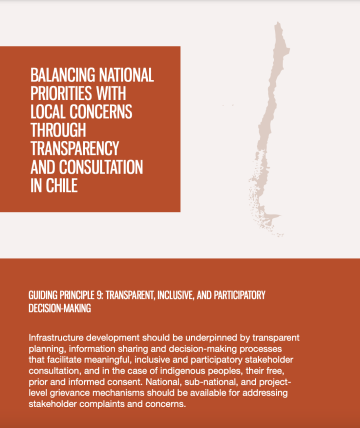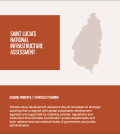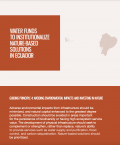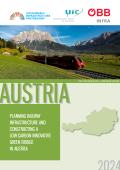
Chile has established large national parks and other protected areas and has increasingly incorporated different dimensions of sustainability into public policy. The country is home to nine indigenous groups: Aymara, Atacameño, Quechua, Diaguita, Kolla, Rapa Nui, Mapuche, Kawéskar and Yagán, and the regions they inhabit often lie hundreds of kilometres from the capital and national decisionmaking centre, Santiago. Meaningful stakeholder consultation is therefore especially critical for developing more sustainable infrastructure.
This case study illustrates Guiding Principle 9: Transparent, Inclusive, And Participatory Decision-Making and is part of a series of ten case studies which aim to inform the forthcoming wave of global infrastructure investment. Collectively, they specify and demonstrate how environmental, social and economic sustainability must be integrated right across infrastructure policymaking at the systems-level. The individual principles and case studies were developed via ongoing global consultation and inputs from experts and UN Member States, as part of implementation of the UN Environment Assembly (UNEA) Resolution 4/5 on Sustainable Infrastructure.
These publications have been made possible by the financial support of the Global Environment Facility, the Swiss Federal Office for the Environment, and the Partnership for Action on Green Economy.
Also available in Chinese, French and Spanish.




